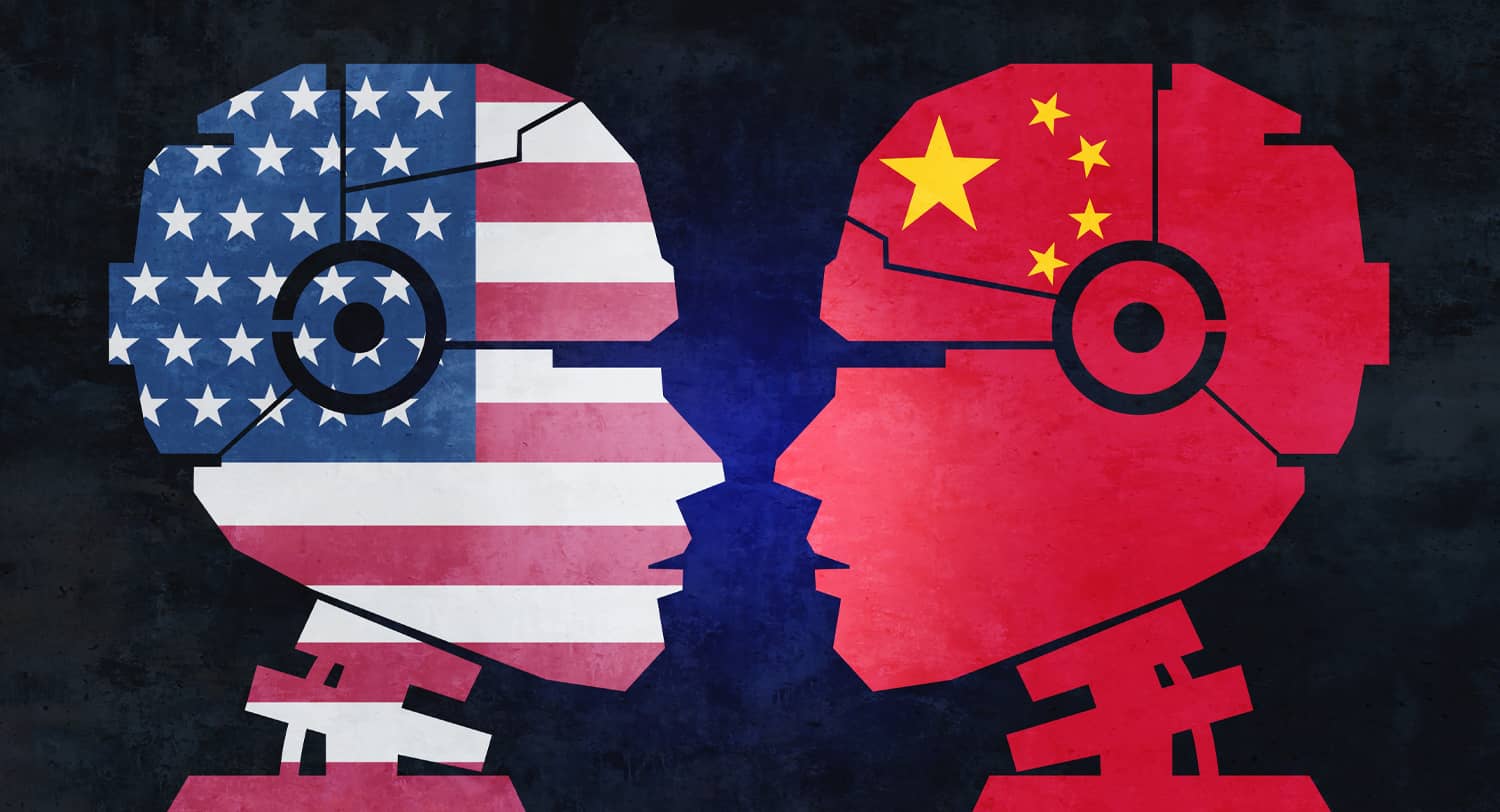Imagine a world where China buys all the mines in Africa, further solidifying its dominance over the production of rare earth minerals. Imagine if the entire Global South’s telecommunication networks were controlled by Huawei, subsea fiber-optic cables are nearly exclusively built or repaired by China’s HMN Technologies. Imagine the bulk of maritime trade passes through Chinese-built and operated ports, and most of these ports have the ability to house Chinese aircraft carriers and use Chinese tech to know what is coming and going.
Imagine also that China comfortably controls multilateral institutions by extorting a large voting bloc of developing countries that are heavily indebted to it. These same heavily indebted countries are seen as “broken” and “failed” by Western investors who avoid them and leave China to engage in rapacious economic colonialism because these countries have no other economic alternatives.
None of these scenarios are in the US national interest but all are within’s China reach right now. The world’s supply chains, intellectual property, trade secrets, military movements, and international standards are at risk of being stolen, controlled, influenced, or monitored by China.
None of these challenges can be addressed by US military power. Nor can traditional US foreign aid, with its grants and contracts often administered by large non-profits or consulting firms, respond to these problems. Other forms of US influence and power are required, in partnership with other countries, the private sector, and private capital.
The United States international economic development strategies, priorities, and financial tools are suboptimal. They fail to gain a competitive advantage over China and address the development aspirations of the Global South. Renewing capabilities in the field of economic development is necessary to build prosperous partnerships, counter China’s influence, and advance US security interests.
The new administration should consider utilizing tools other than grants to maximize the impact of foreign assistance.
For example, given the sovereign debt crises, the United States must pursue a seat at the table for the coming debt workouts. China’s emergence as the largest official lender to low-income countries with an estimated $1.5 trillion in debt exposure jeopardizes any chance of healthy and productive debt restructuring initiatives.
By entering the business of issuing sovereign loans, the United States would have an opportunity to ensure any debt restructuring is fair and transparent. Otherwise, development efficacy and the stability of the global financial system will be casualties of China’s opaque and predatory lending with the US on the sideline. US development lacks a preferable alternative, enabling China to continue to act as the Global South’s lender of last resort.
The Global South is more advanced than even 15 years ago, and its development goals have adjusted accordingly. As nations become wealthier, their interests progress beyond grant funding for basic needs. China and its Belt and Road Initiative provide a major source of investment in infrastructure, energy, telecommunications, and mineral resources.
Specialized US enterprise funds could serve as a vehicle to crowd private capital in the regions and strategic industries most at risk of being dominated by China. Enterprise funds use US government funding to invest in emerging markets. The enterprise fund model, with its double mandate of making money and “doing development,” consistently experiences measured success ever since USAID’s first wave of enterprise funds in the early 1990s.
Enterprise funds are historically designed to promote the development of the private sector in a particular country or region, but thematically organized funds could channel the expertise and capital necessary to simultaneously achieve national security interests and financial returns. For example, there could be enterprise funds for port infrastructure, undersea cables, and critical minerals.
Loan guarantees could also help further mobilize capital for investments in the industries or countries where there is great potential for returns, but risks exceed market tolerances.
Many reading this might respond: What about the World Bank and the regional development banks such as the Asian Development Bank and the Inter-American Development Bank? Aren’t they supposed to respond to these challenges? Doesn’t the US, Europe and Japan have a majority of the board seats and influence as to where these organizations devote their people, time and money? The answer is “yes, but.”
Yes, the World Bank, the International Monetary Fund, and the regional development banks (collectively known as “International Financial Institutions” or IFIs) have big roles to play in responding to the challenges laid out. But we need both the IFIs and specific bilateral US responses in partnership with our allies, outside the remit of the IFIs, to respond to these challenges. There are competing interests among IFI shareholders and only so much money to spend. China is a shareholder in these institutions and wields influence in them, especially when we don’t “ride herd” on them. Much of that money has been promised to climate change. Perhaps some of it needs to be repurposed to the problems described above. We will need bilateral US instruments and specific US-led responses in addition to more focused attention by the IFIs on the challenges described in this article.
Leveraging foreign assistance to empower American businesses as key development partners would strengthen the country’s ability to compete with China’s Belt and Road Initiative and earn the United States a more significant role in the Global South.
Cost-effective instruments other than grants and contracts possess the potential to significantly enhance US influence in strategic sectors, address the evolving needs of the Global South, and effectively counter China’s growing economic presence in developing regions.

